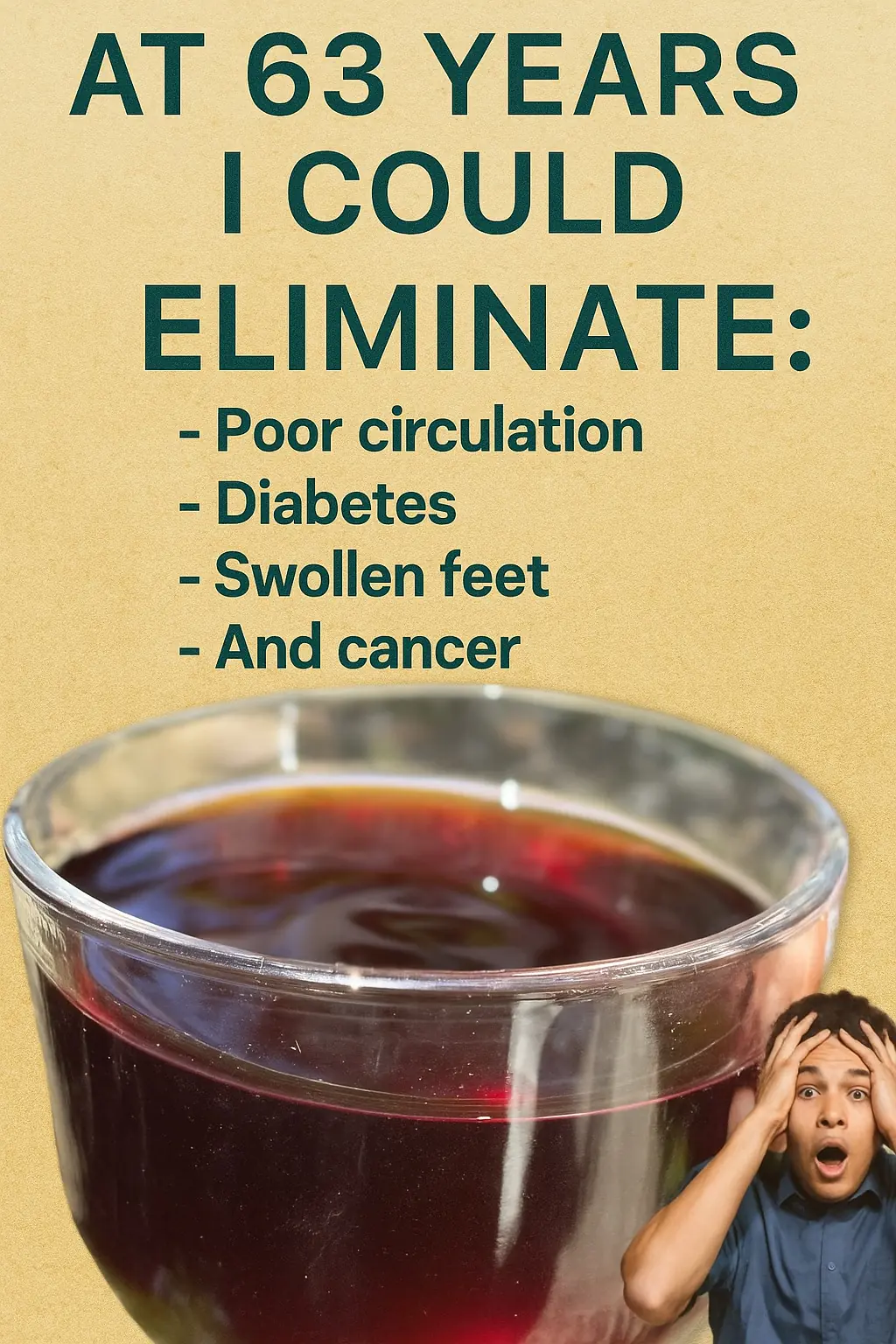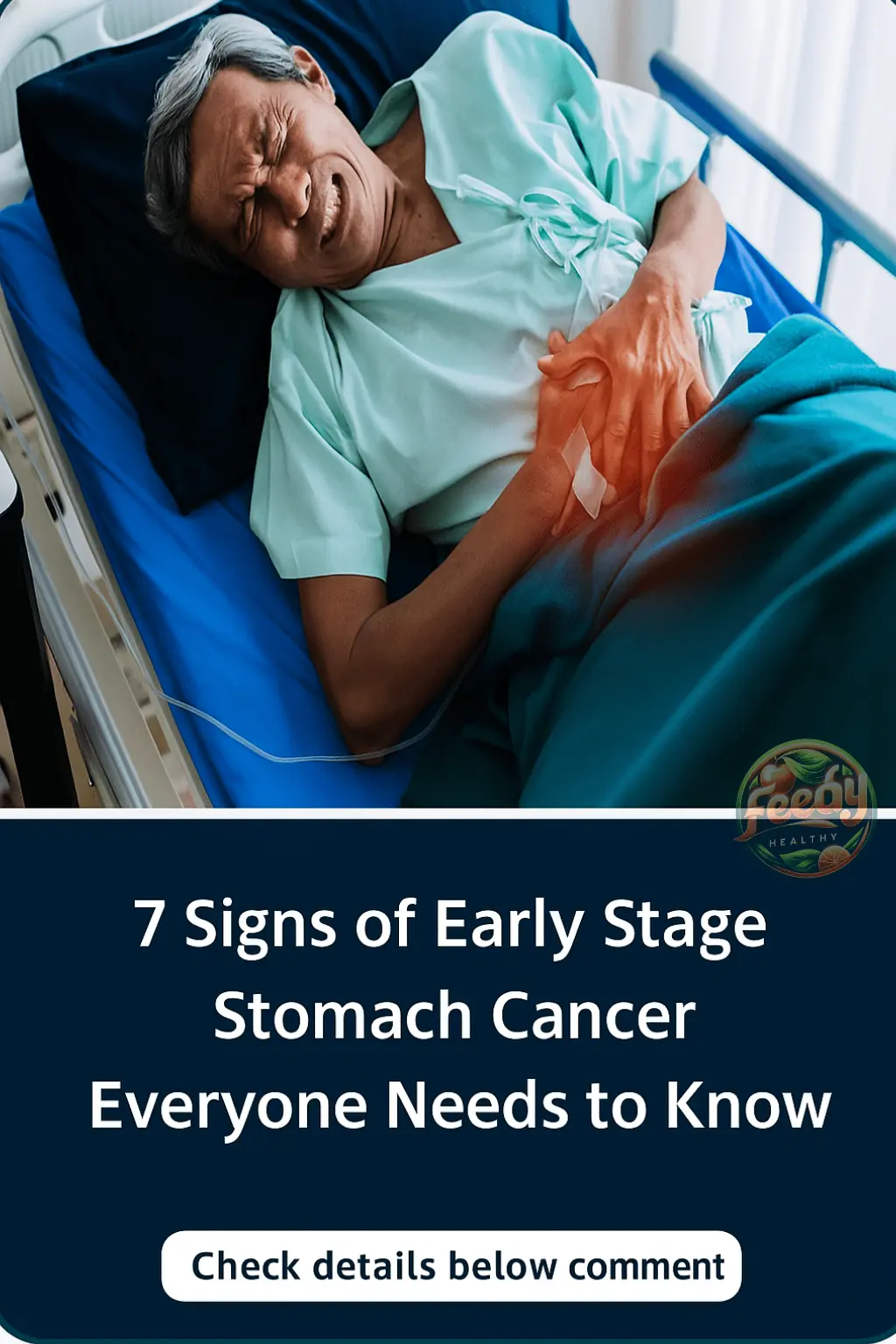
Salmonella Outbreak Linked to Recalled Eggs Sickens 79 People Nationwide, Including 2 in New Jersey
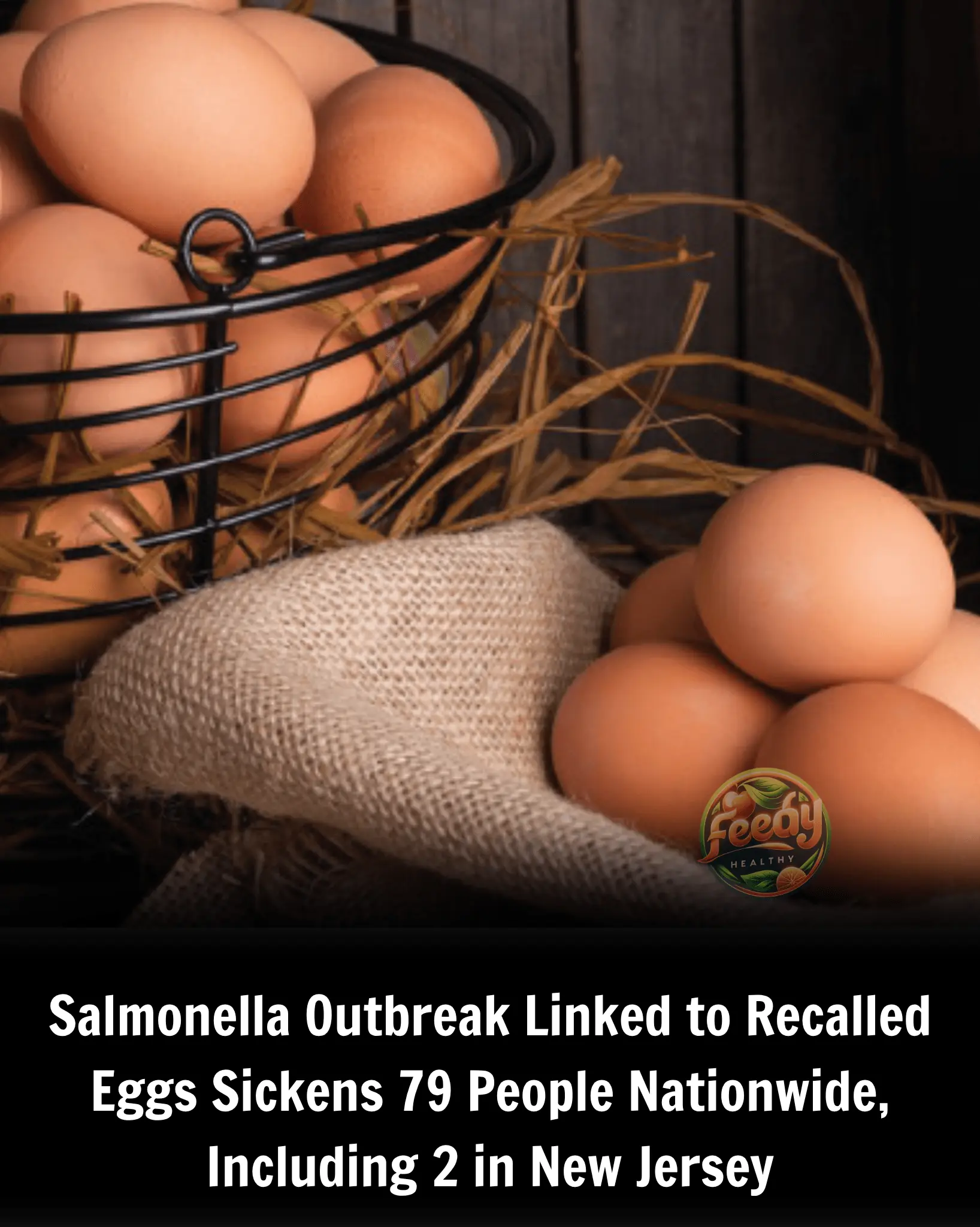
NEW JERSEY (WABC) — A nationwide Salmonella outbreak linked to recalled eggs has sickened at least 79 people across seven states, according to the Centers for Disease Control and Prevention (CDC). Among the reported cases, two people in New Jersey have been infected, prompting public health warnings about egg safety and proper food handling.
Where the Outbreak Has Spread
The outbreak, caused by the Salmonella bacteria, has primarily affected the following states:
-
California: 63 cases — the highest concentration of infections
-
Nevada and Washington: 4 cases each
-
Arizona: 3 cases
-
Nebraska and New Jersey: 2 cases each
-
Kentucky: 1 case
Health officials believe the true number of cases may be higher, as many people with mild symptoms often do not seek medical care or report their illness.
Source of the Outbreak: Recalled Eggs from August Egg Company
The outbreak has been traced to organic and cage-free brown eggs produced by August Egg Company, headquartered in California. The company has issued a voluntary recall of approximately 1.7 million dozen eggs due to possible Salmonella contamination.
The affected eggs were distributed to grocery stores and restaurants across multiple states, including:
-
Arizona, California, Illinois, Indiana, Nebraska, New Mexico, Nevada, Washington, and Wyoming
Brands and Retailers Involved:
The recalled eggs were sold under various brands at major retailers such as:
-
Walmart, Save Mart, FoodMaxx, Lucky, Smart & Final, Safeway, Raley’s, Food 4 Less, and Ralphs
The eggs in question have “sell by” dates between March 4, 2025, and June 19, 2025. A complete list of affected brands and product codes can be found in the official recall notice issued by health authorities.
What Is Salmonella and How Does It Affect You?
Salmonella is a type of bacteria that can cause serious gastrointestinal illness in humans. It is commonly transmitted through consumption of contaminated food or water, particularly raw or undercooked eggs, poultry, and meat.
Symptoms usually appear within 6 hours to 6 days after infection and may last for several days. They include:
-
High fever
-
Diarrhea (sometimes bloody)
-
Abdominal cramps
-
Nausea or vomiting
-
Chills and fatigue
In some cases—particularly in young children, the elderly, or people with weakened immune systems—Salmonella infection can become severe and may require hospitalization.
Why Many Cases Go Undetected
Dr. Liju Philip, an emergency physician, noted that many Salmonella infections are underreported because symptoms can be mild and self-resolving.
“Any time there’s an outbreak, the real number of infected people is likely higher than what’s officially recorded,” Dr. Philip explained. “Many people recover without seeing a doctor or even knowing they were infected.”
Prevention Tips: How to Stay Safe During an Outbreak
To minimize your risk of infection, Dr. Philip and the CDC recommend the following safety practices:
-
Avoid eating raw or undercooked eggs
-
Always cook eggs until both the whites and yolks are firm
-
Wash your hands with soap and water before and after handling eggs
-
Clean kitchen surfaces that come into contact with raw eggs
-
Discard any eggs included in the recall, even if they appear normal
Dr. Philip emphasized that Salmonella can spread not only through ingestion but also through cross-contamination on hands, utensils, and kitchen surfaces.
“This is the time to be extra cautious. Make sure you check your egg cartons and clean your hands and cooking areas thoroughly,” he added.
Public Reactions and Shopping Concerns
As inflation continues to affect grocery prices and egg shortages remain a concern, some consumers say these recalls make shopping decisions even more complicated.
Nihar Patel, a shopper in California, said:
“You hear about recalls so often now. With egg prices already so high, it just adds one more thing to worry about. We really have to pay attention to what we’re buying.”
Conclusion
The Salmonella outbreak tied to recalled eggs is a serious public health issue that highlights the importance of food safety and personal hygiene. Health officials urge consumers to check their egg products, follow proper cooking procedures, and stay informed through official health alerts.
If you experience symptoms of Salmonella and suspect you may have consumed contaminated eggs, contact your healthcare provider and report your case to local health authorities.
News in the same category

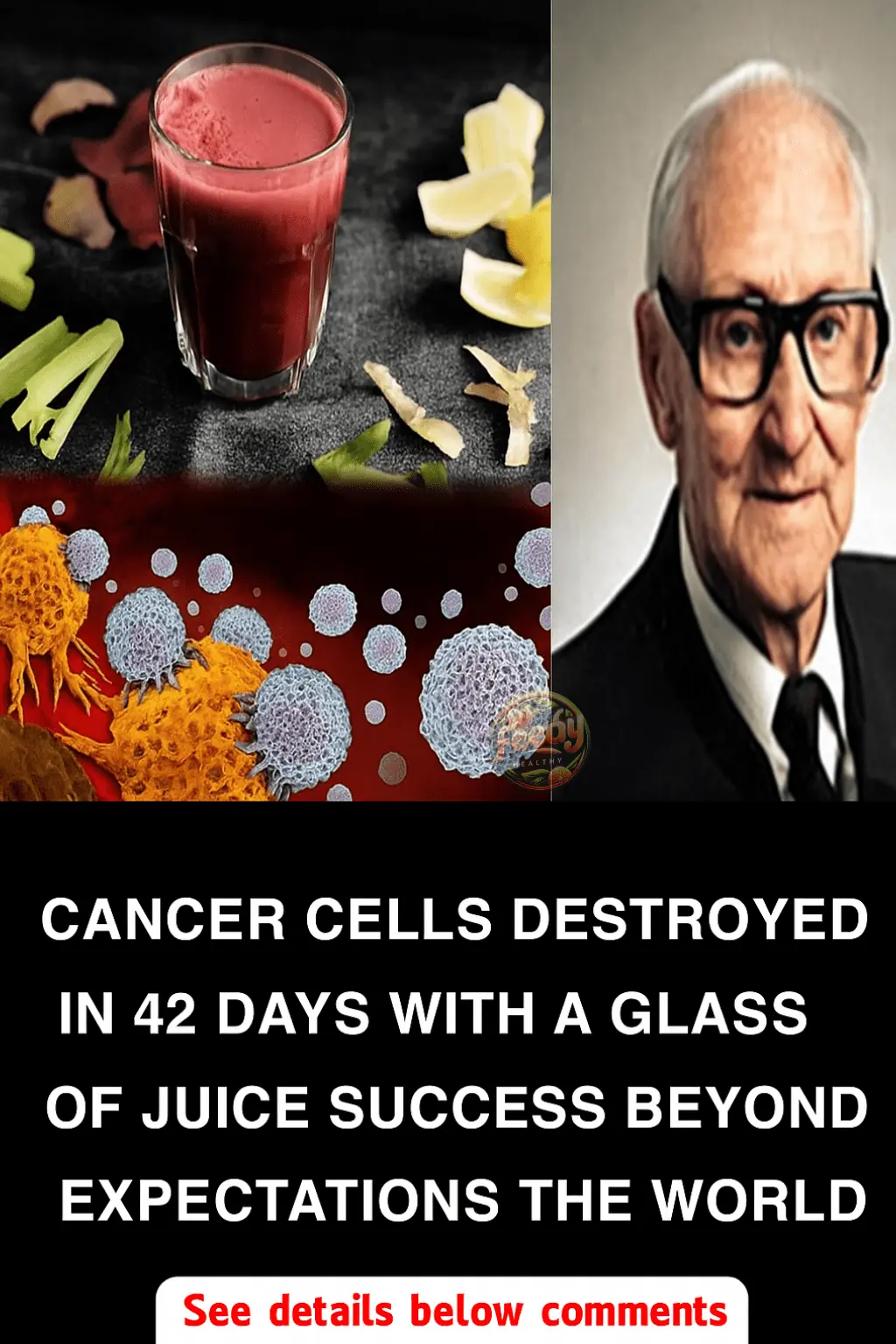
42-Day Juice Therapy – Natural Cancer Support Discovered by Rudolf Breuss
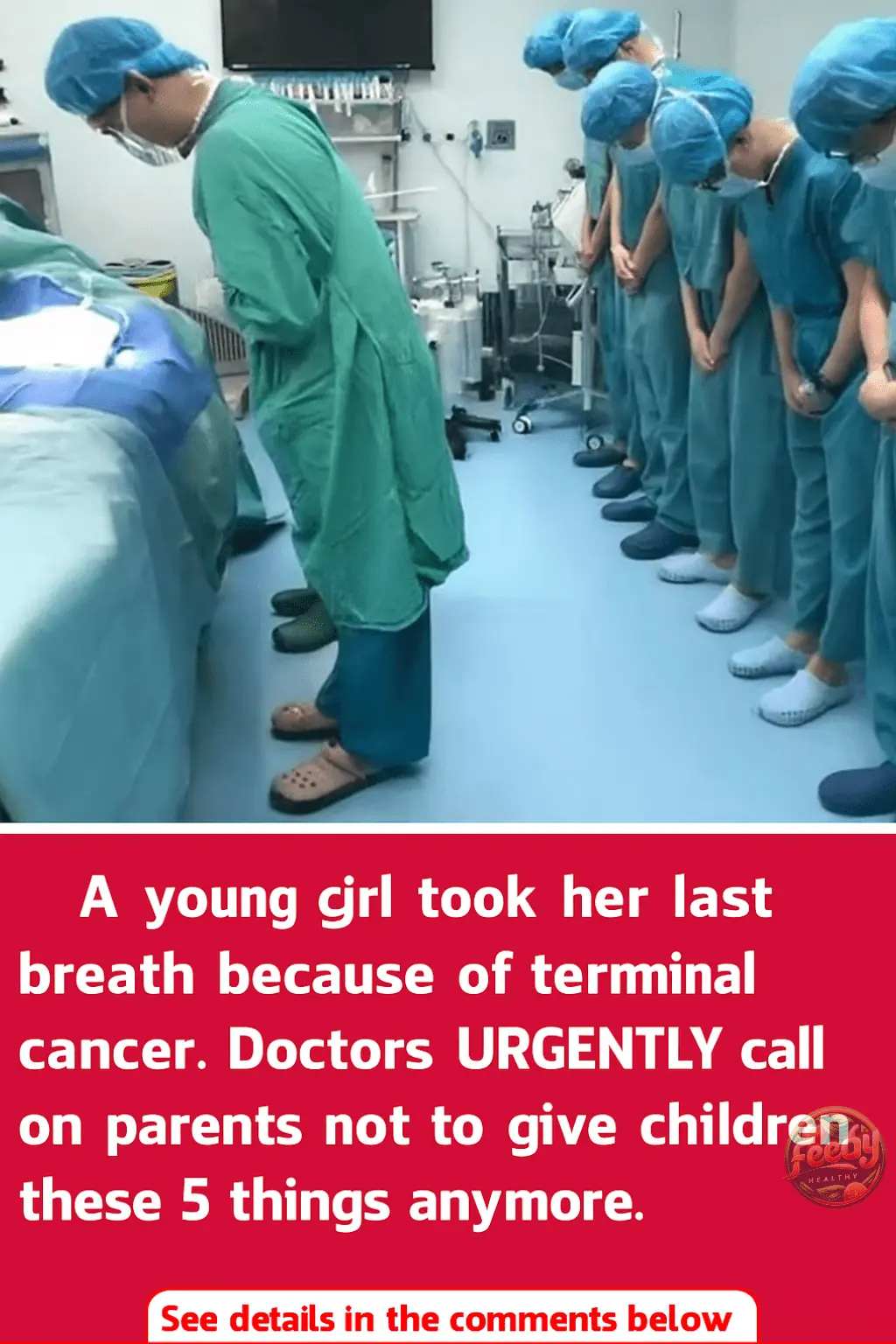
5-Year-Old Girl Dies from Late-Stage Cancer — A Wake-Up Call for All Parents
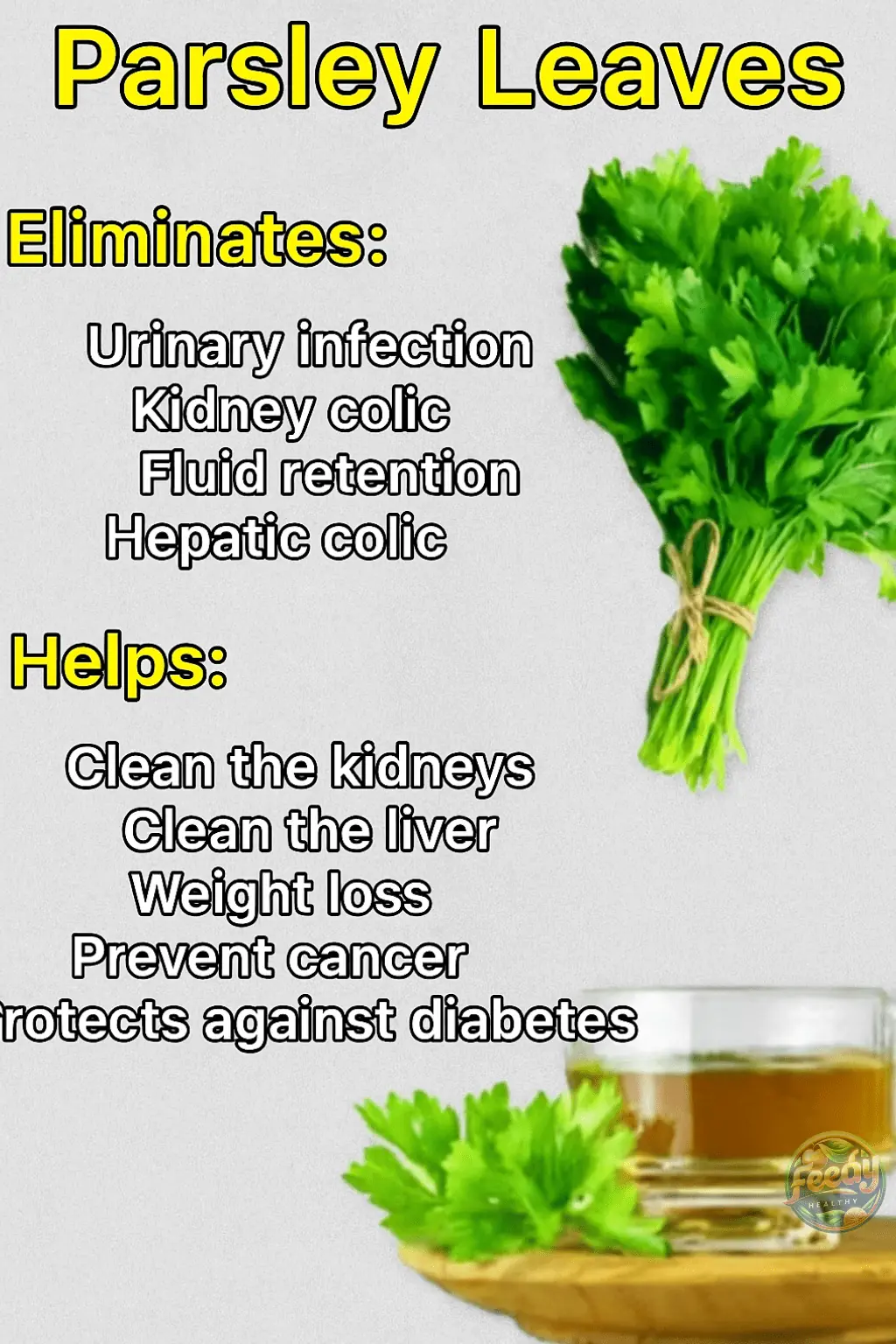
Parsley Leaf Tea
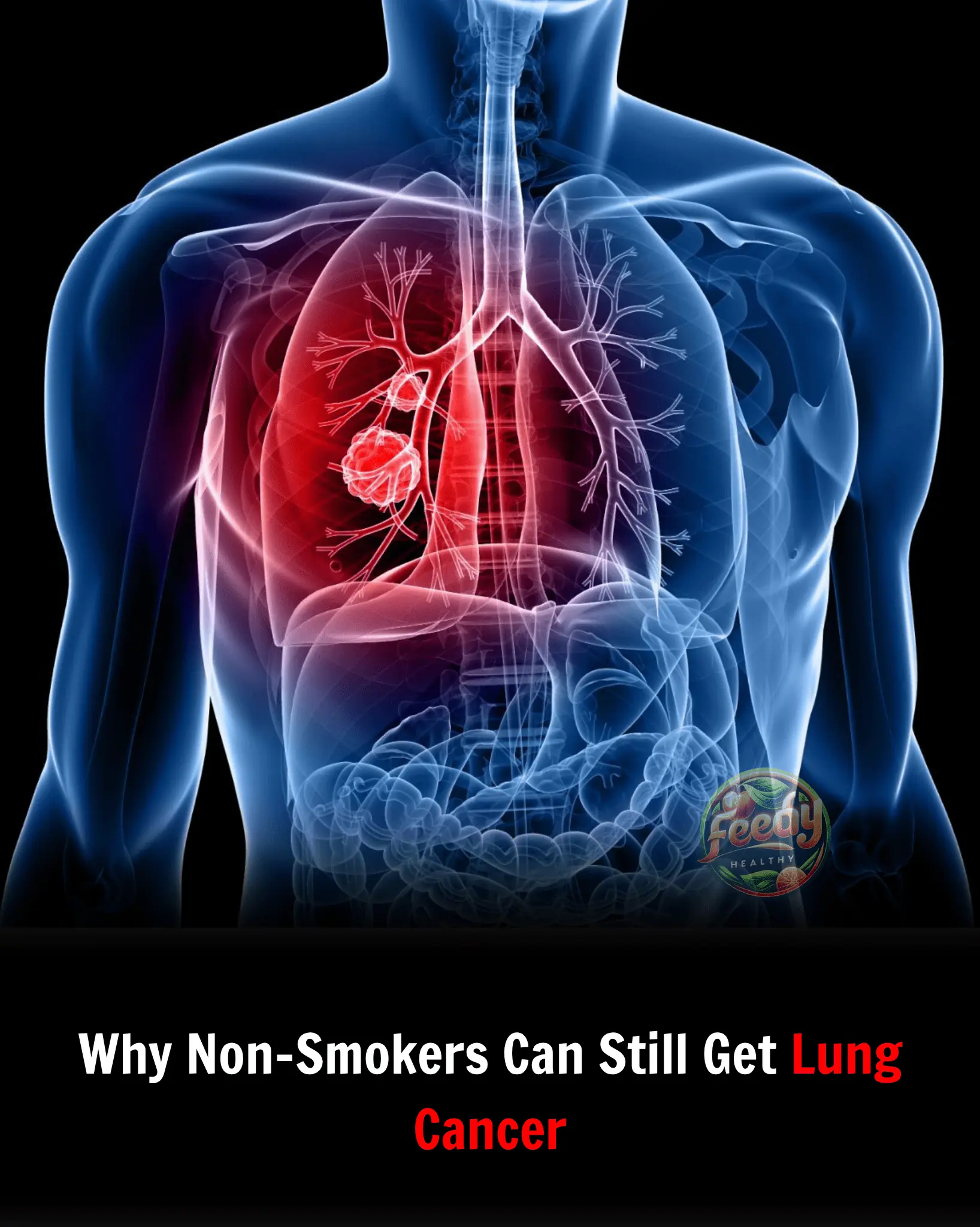
Why Non-Smokers Can Still Get Lung Cancer

Top 10 Foods That Reduce Your Uric Acid Levels

Just Three Nights of Poor Sleep May Harm Your Heart, New Study
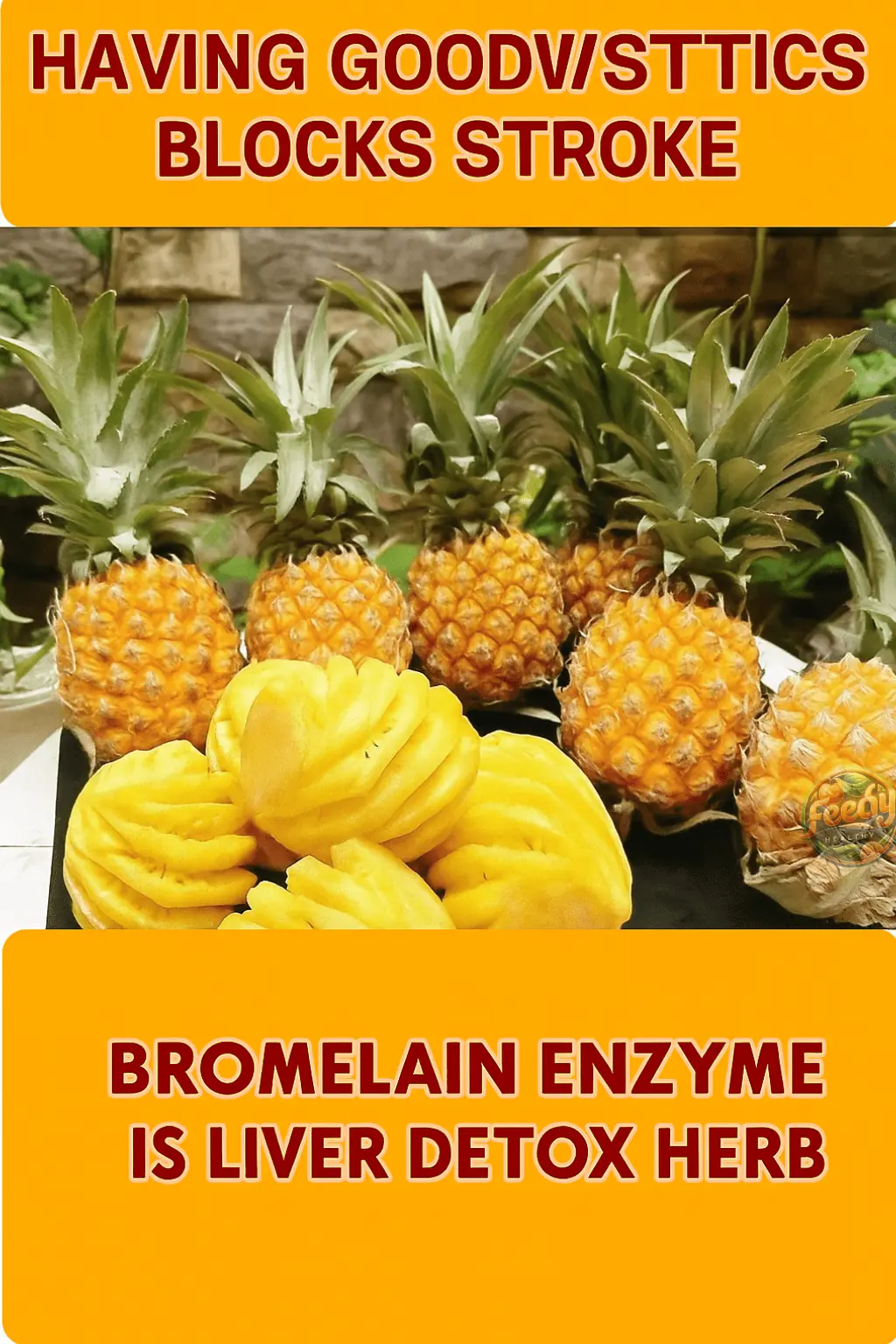
PINEAPPLE – A NATURAL REMEDY FOR STROKE PREVENTION & LIVER-KIDNEY DETOX

This 2025 Herbal Elixir Is Emptying Hospitals—What’s Behind the Craze?
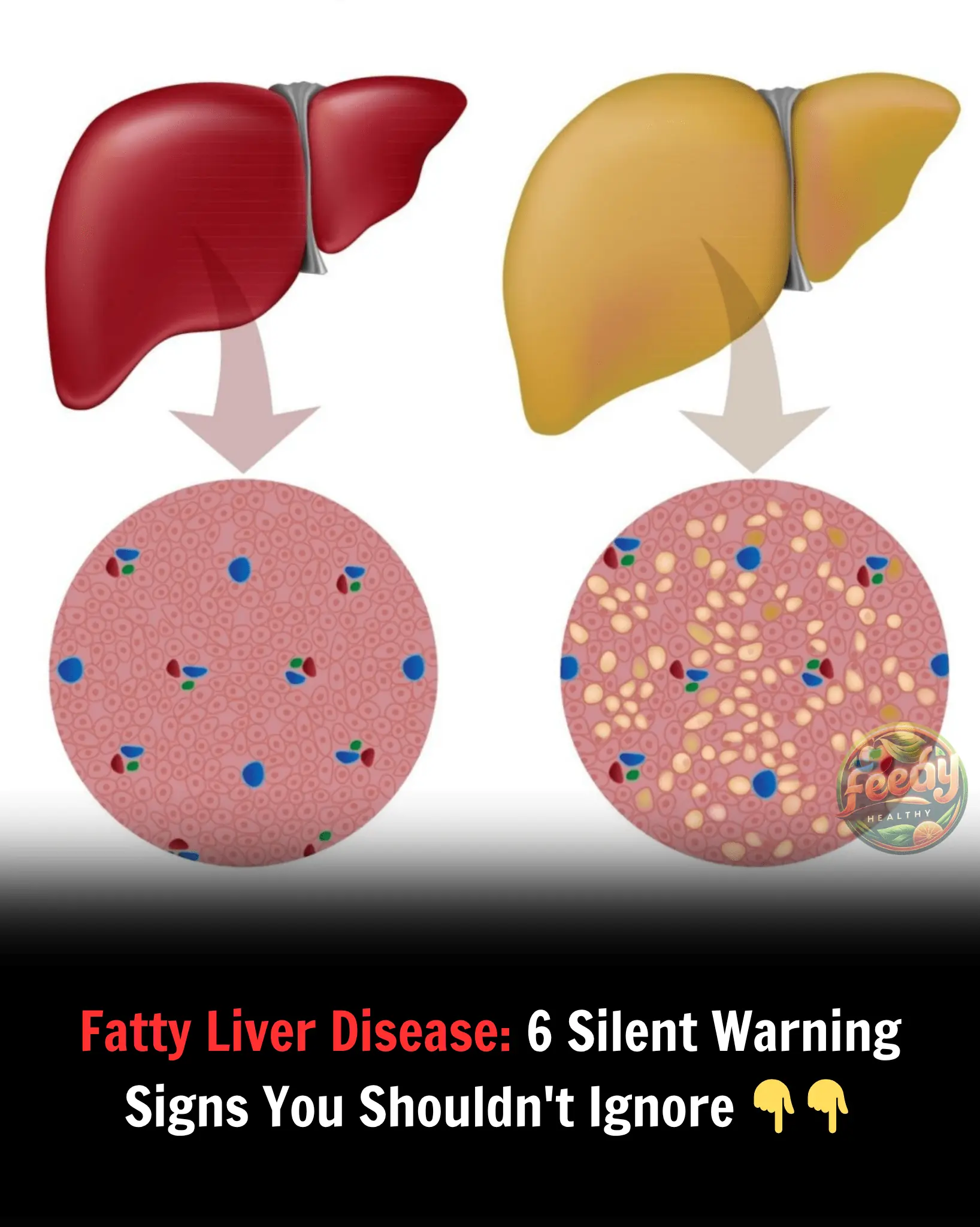
Fatty Liver Disease: 6 Silent Warning Signs You Shouldn't Ignore 👇👇
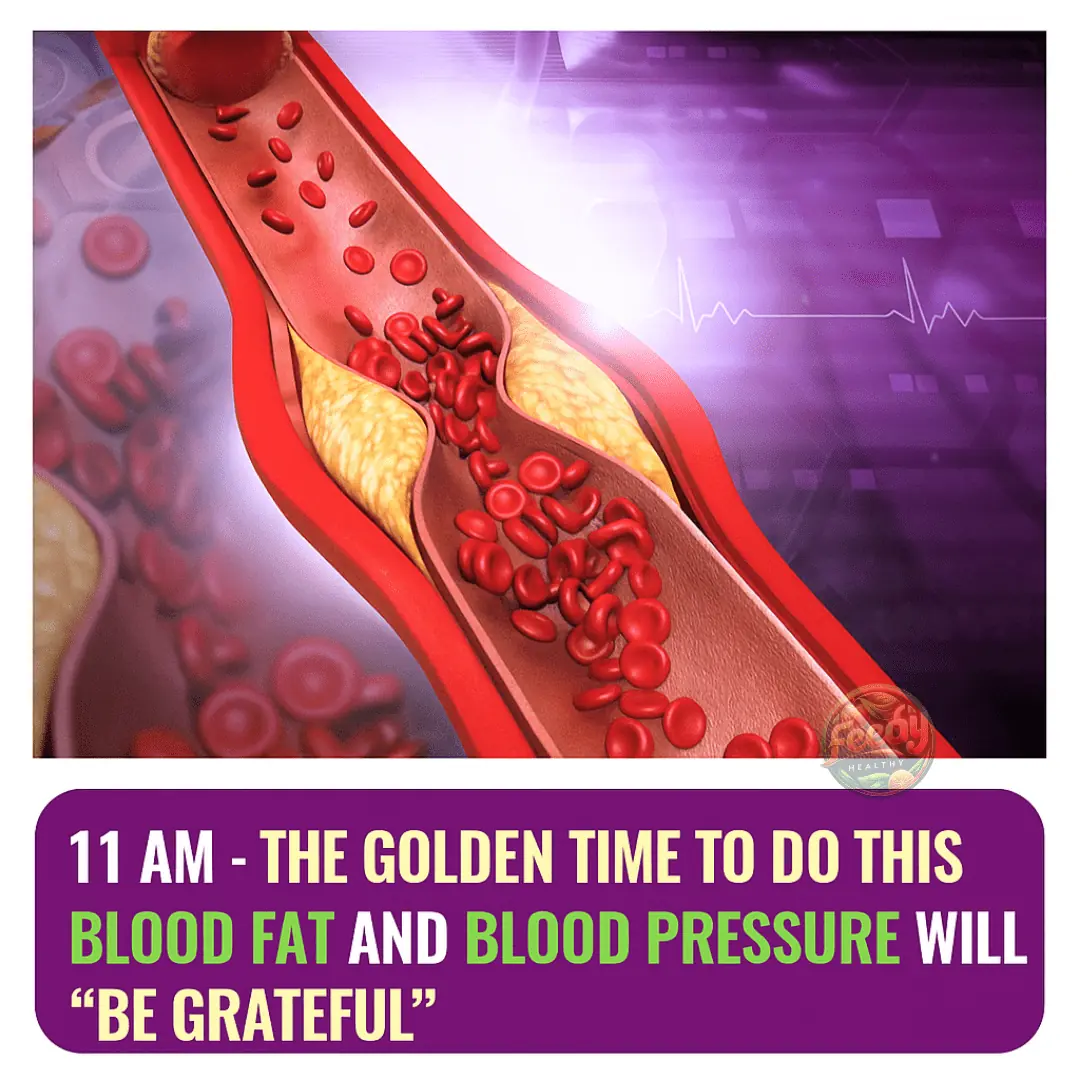
11 AM – THE GOLDEN HOUR WHEN YOUR BLOOD FAT AND BLOOD PRESSURE WILL “BE GRATEFUL” IF YOU REMEMBER TO DO THIS ONE SIMPLE THING…

Just One Spoonful of This Mixture Can Help with Blindness, Myopia, Blurred Vision, and Eye Fatigue

Mimosa Pudica: The Sensitive Plant That May Boost Your Health Naturally

Say Goodbye to Joint Pain, Arthritis, and Rheumatism in Just 3 Days – Try This Potent Clove and Garlic Remedy!
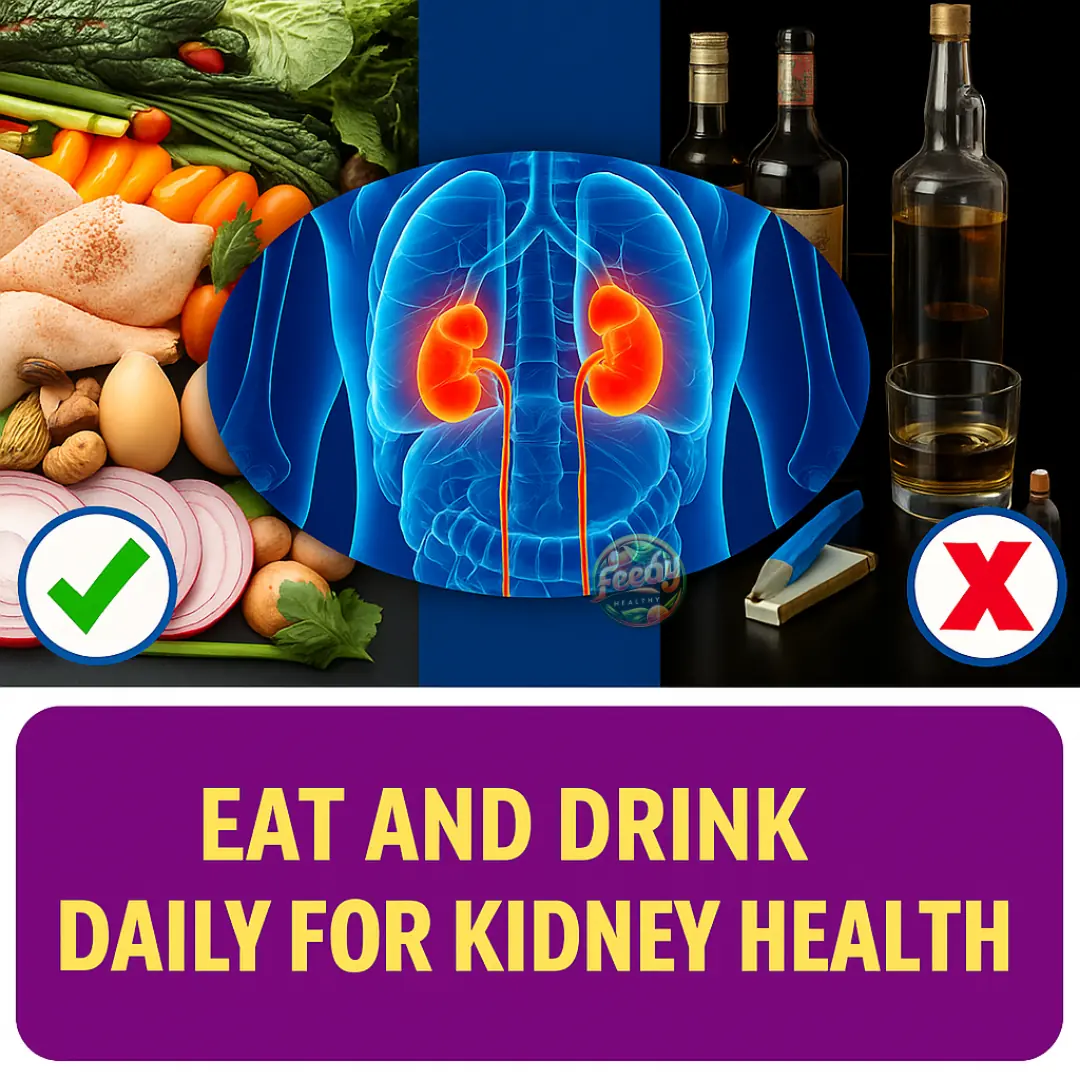
What Should People with Weak Kidneys Avoid in Their Daily Meals?
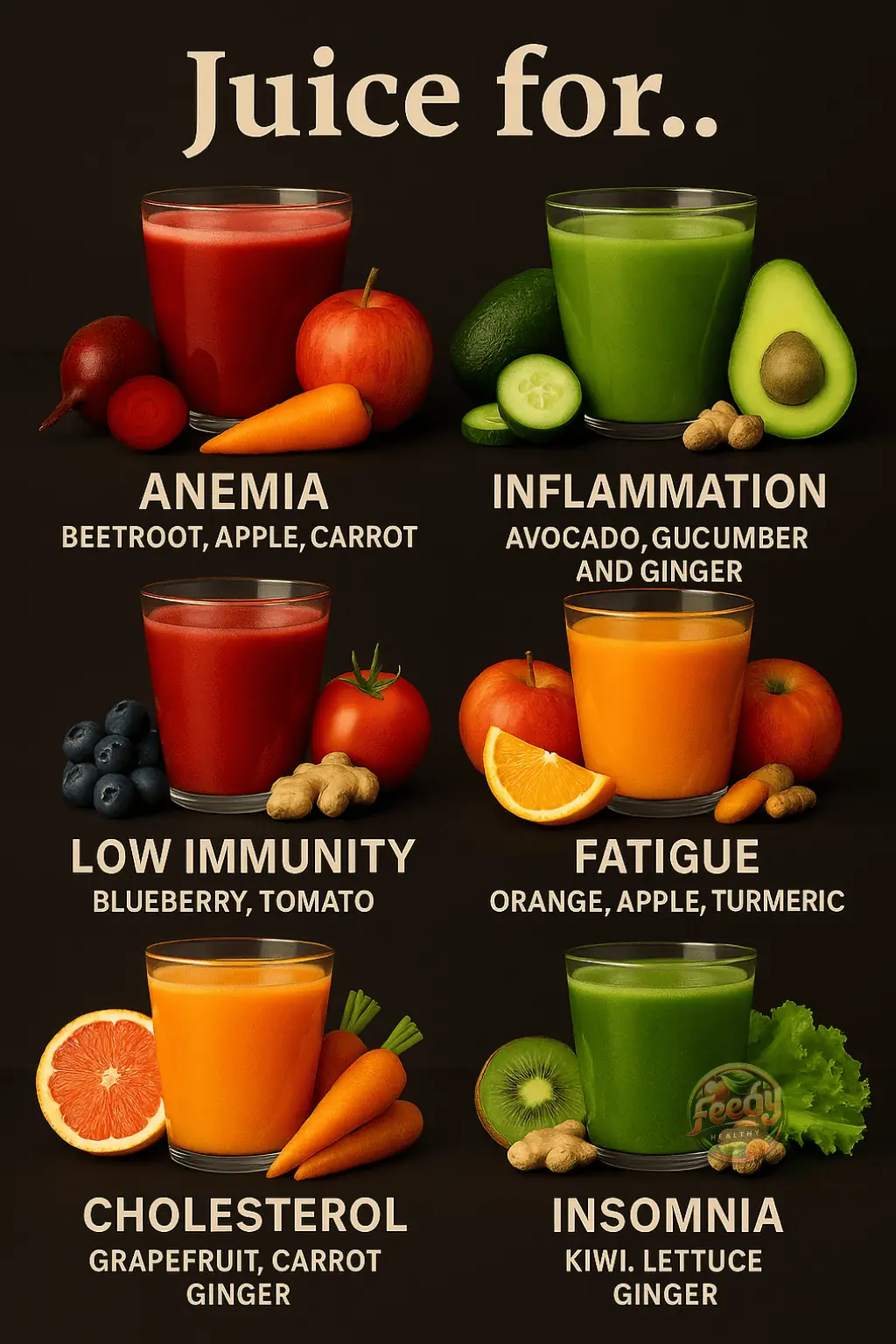
6 Powerful Juice Recipes to Naturally Help Anemia, Inflammation, Fatigue, Low Immunity, High Cholesterol, and Insomnia

The Natural Remedy Called “The Cancer Eliminator”: A Simple Blend for Better Health and Vision
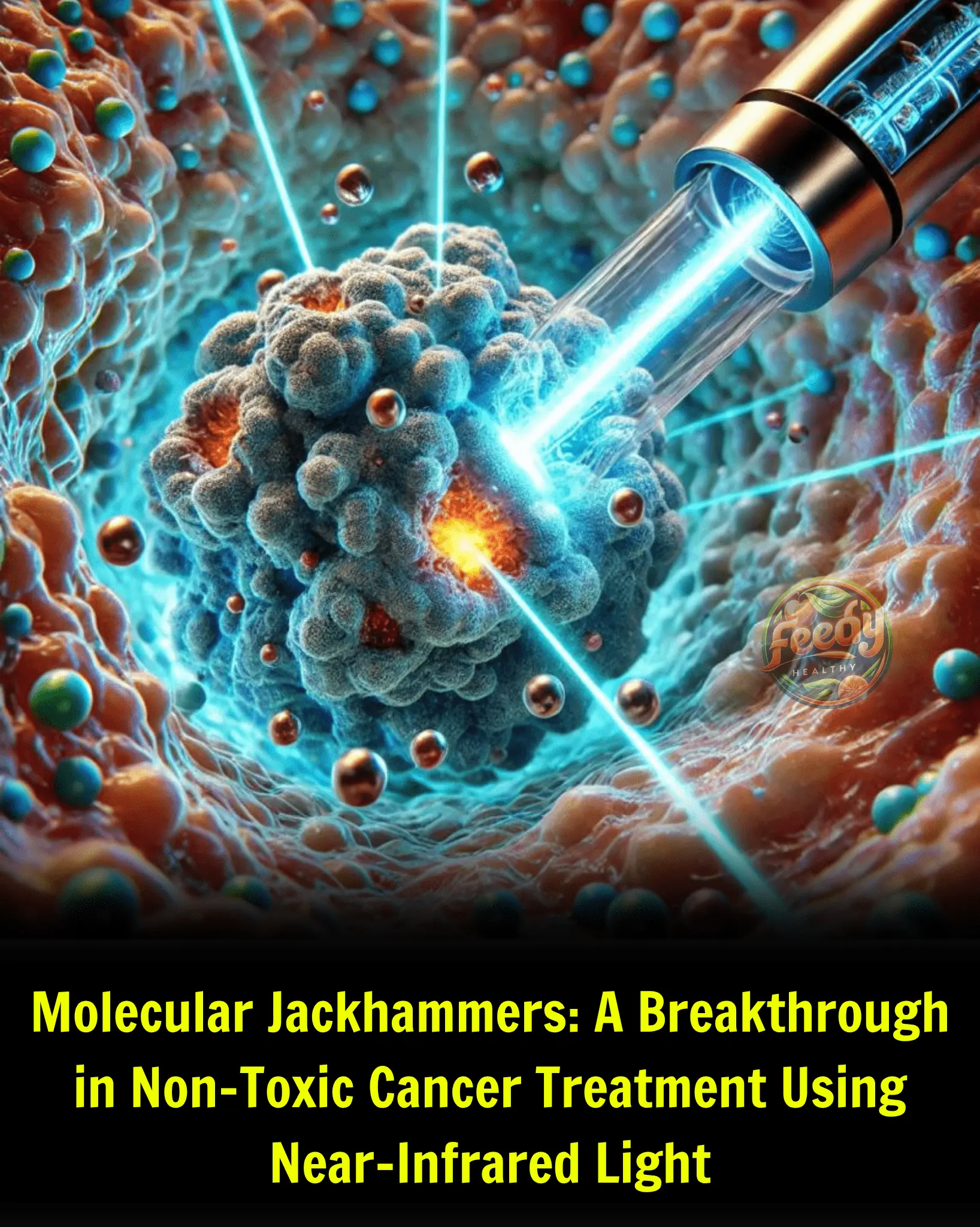
Molecular Jackhammers: A Breakthrough in Non-Toxic Cancer Treatment Using Near-Infrared Light
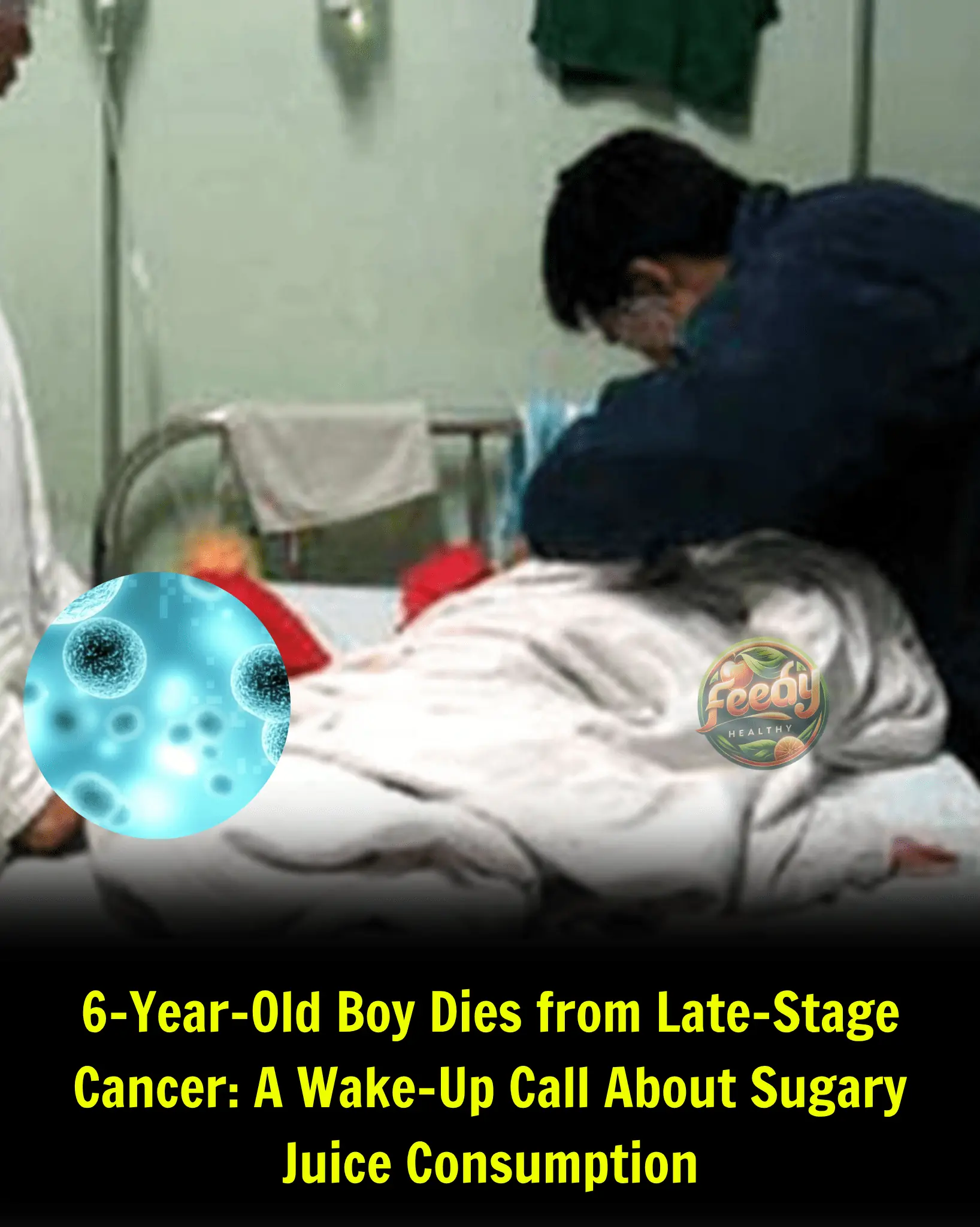
6-Year-Old Boy Dies from Late-Stage Cancer: A Wake-Up Call About Sugary Juice Consumption
News Post

7 Early Warning Signs of Stomach Cancer You Should Never Ignore

From despair to hope: Agnes and Nellies incredible journey

42-Day Juice Therapy – Natural Cancer Support Discovered by Rudolf Breuss
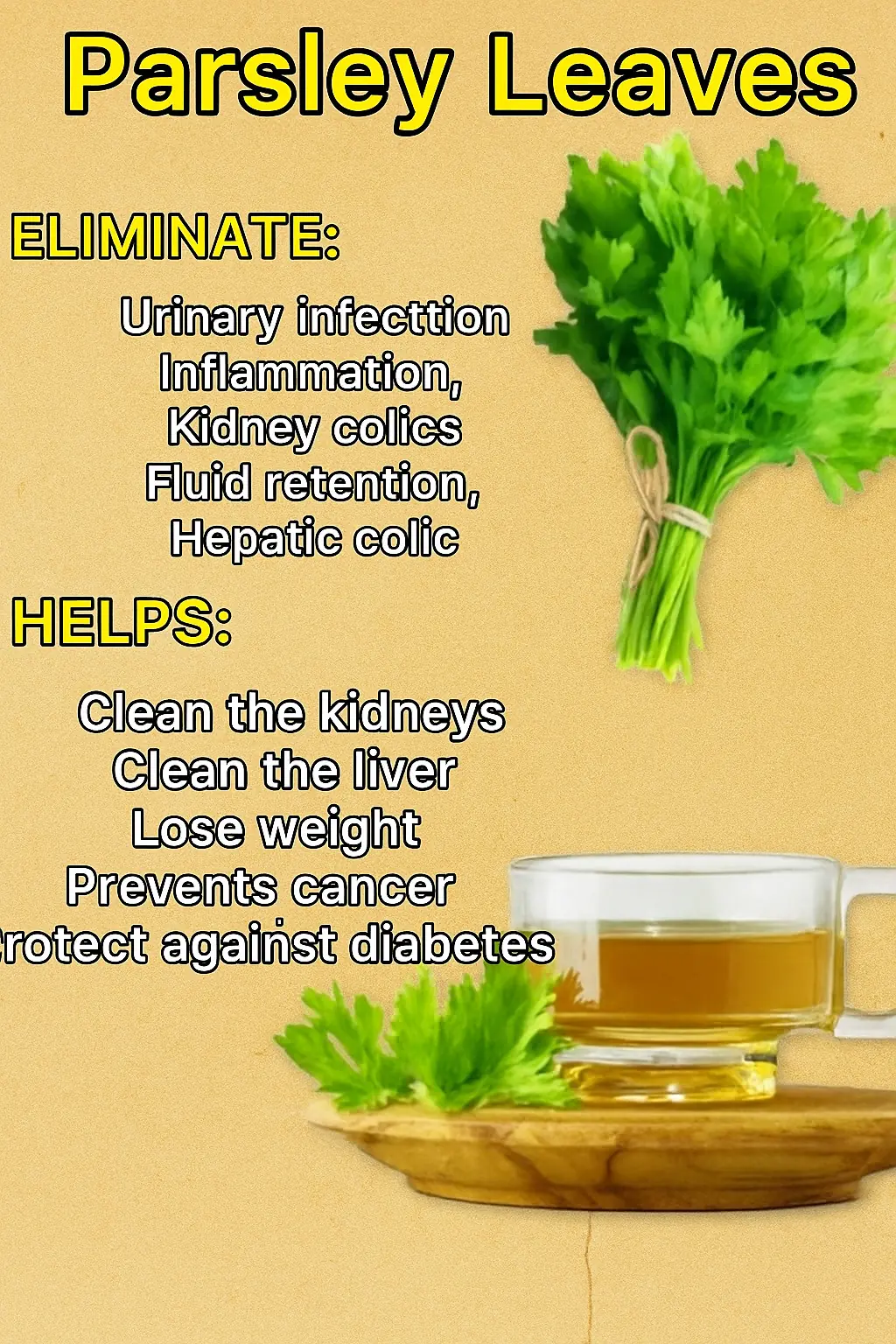
PARSLEY LEAF TEA

Discover the Magic of Coffee and Toothpaste!

Discover the Power of Ginger for Glowing Skin

5-Year-Old Girl Dies from Late-Stage Cancer — A Wake-Up Call for All Parents

Surprising Bay Leaf Trick: Try This Simple Remedy at Home!
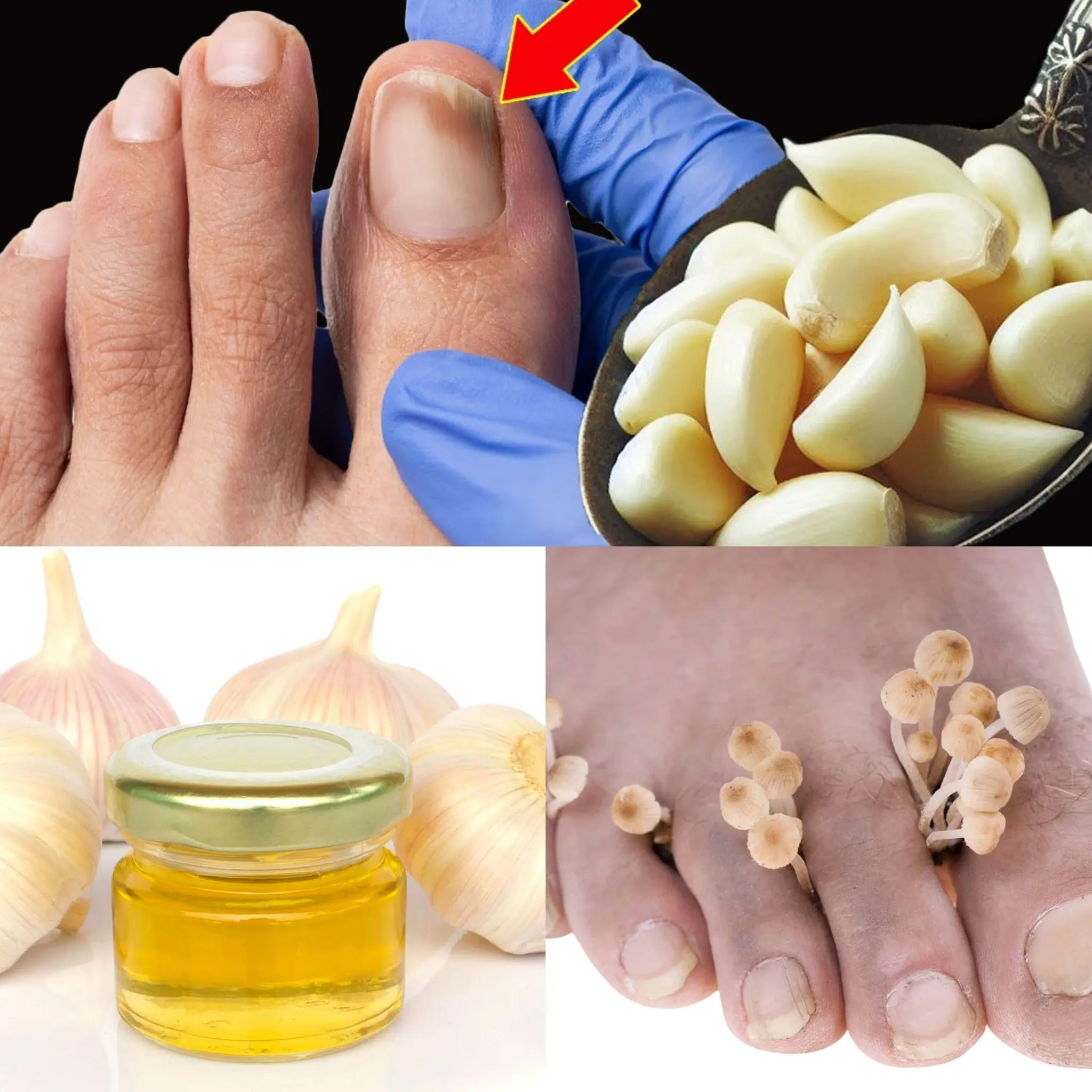
This Is a Nail Fungus Killer (It Works Very Fast!) – The Power of Garlic🧄

I Lost So Much Bad Fat in 2 Days Using This! Flat Belly with Lemon, Apple & Cinnamon

12 Moringa Seed Benefits You’ll Never Hear from Your Doctor (But You Should Know)

Discover the Amazing Benefits of Drinking Clove Water

Never knew about this

9 Benefits of Papaya Leaves & How To Process Them As Medicine

Cinnamon & Chia Nighttime Drink: Effortless Weight Loss While You Sleep

Aloe Vera: A Gentle Solution for Varicose Veins

Say Goodnight to Sleep Troubles with Banana Tea!
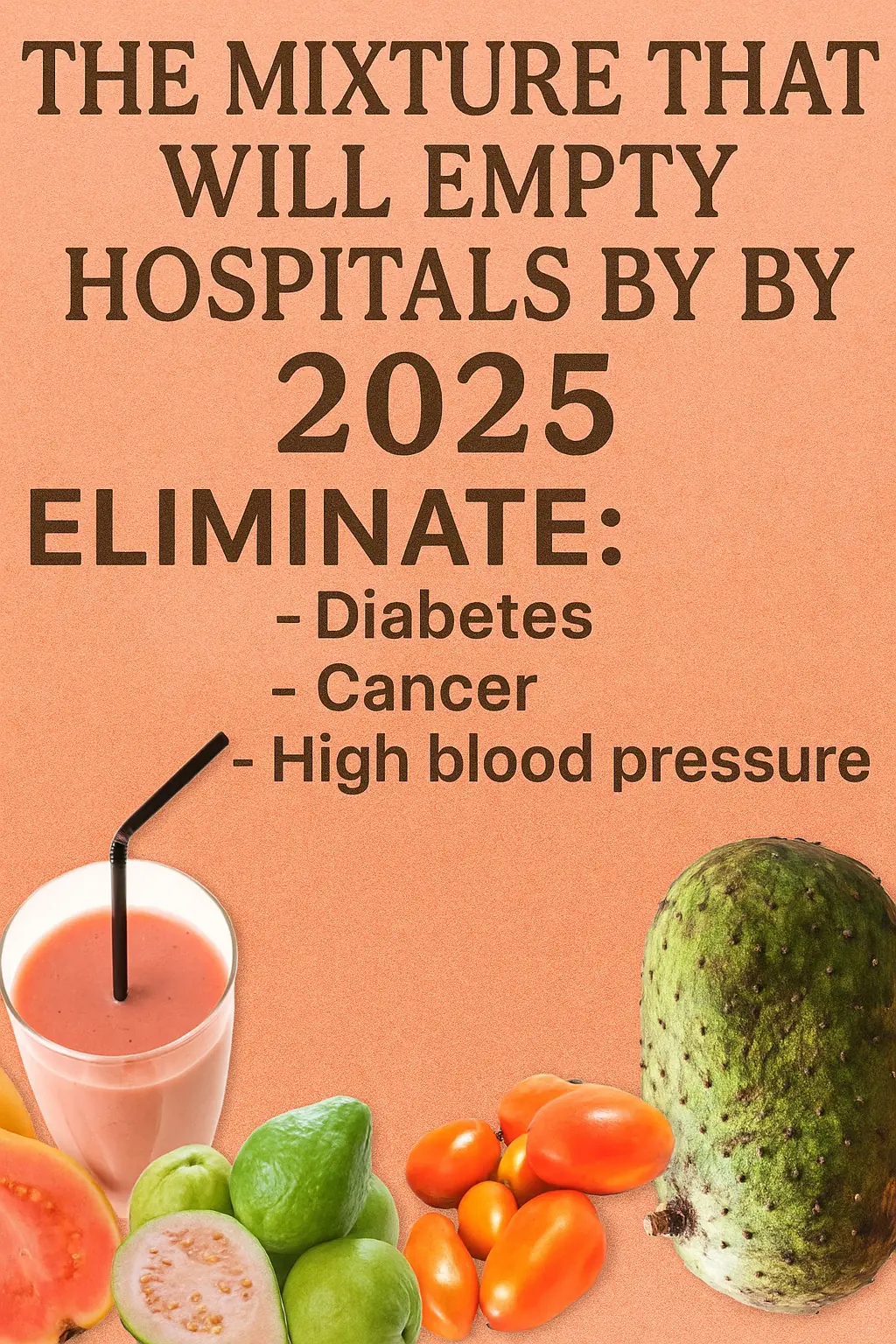
The Natural Remedy That Could Empty Hospitals in 2025

Parsley Leaf Tea
